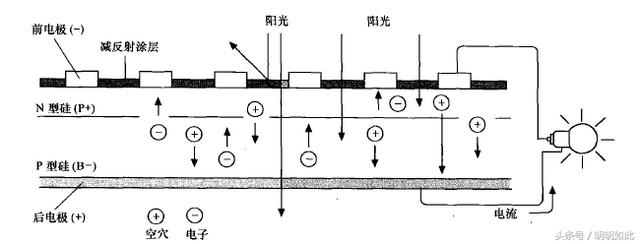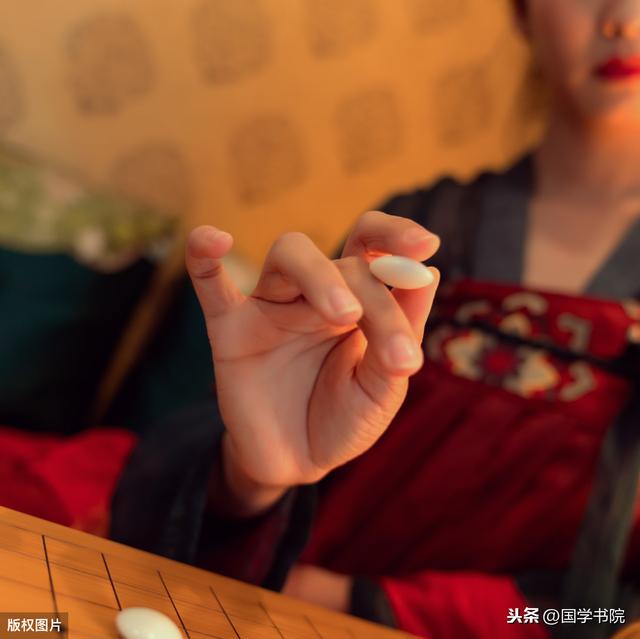
英语动词一般现在时态:
表示现在(目前)经常的或习惯性的动作(如兴趣、爱好等);
表示现在(目前)的状态;表示客观存在或普遍真理。
句中常有提示词always(总是),usually(通常),often(经常),sometimes(有时),seldom(很少、不常),never(从来不), every day(每天),on Sundays(每周天),on weekends(周末),on weekdays(平日)等。
1.动词一般现在时态的构成:
(1)be动词 → is; am ; are
主语是I 时: I am (I'm) ...
I am a student. 我是(一名)学生。
‚主语是第三人称单数(he, she, it)或单数名词时:... is ...
She is a teacher. 她是(一名)老师。
Maria is in a red dress. 玛利亚穿着(一条)红裙子。
ƒ主语是复数或第二人称时: ... are ...
You are a doctor.你是(一名)医生。
His parents are from America.他父母来自美国。
否定句: ... be动词(is; am ; are) not ...
I am a student. → I am not (I’m not )a student; 我不是(一名)学生。
She is a teacher. → She is not (isn’t)a teacher; 她不是(一名)老师。
You are a doctor.→ You are not (aren’t)a doctor你不是(一名)医生。
一般疑问句:be动词(is; am ; are)提到句首,一般am要变成are,I 变为you。
I am a student. → Are you a student? Yes,I am; No,I am not
我是(一名)学生。 你是(一名)学生吗? 是的,我是;不,我不是
She is a teacher → Is she a teacher? Yes,she is; No,she isn't
她是(一名)老师。 她是(一名)老师吗? 是的,她是;不,她不是
They are students.→ Are they students? Yes,they are; No, they aren’t
他们是学生。 他们是学生吗? 是的,他们是;不,他们不是
特殊疑问句: 对主语提问:直接用疑问词替代主语。
The boy is from Japan. → Who is from Japan?
这位男生来自日本 谁来自日本?
An English book is on the desk. → What is on the desk ?
一本英语书在桌子上。 什么在桌子上?
对句子其他成分提问:疑问词 一般疑问句结构 ?
The boy is from Japan. → Where is the boy from?
这位男生来自日本 这位男生来自哪里?
The boys in Class One are my friends.→ Who are the boys in Class One ?
一班的男生是我的朋友 一班的男生是谁?
The girl is twelve years old. → How old is the girl?
这位女孩十二岁。 这位女孩几岁?
(2) 动词后 s 或 用动词原形
当主语为第三人称单数(he, she, it或单数名词)时→要在动词后加s
She often goes to school on foot . 她经常步行去上学。
Tom usually walks to the park . 汤姆通常步行去公园。
当主语不是第三人称单数(he, she, it或单数名词)时→用动词原形。
We study English everyday. 我们每天学习英语。
Many students like playing football.许多学生喜欢踢足球。
否定句 :1) ... do not(don't) 动词原形 ...
2) ... does not (doesn’t) 动词原形 ...
We study English everyday →We do not(don't) study English everyday ;
我们每天学英语。 我们每天不学英语。
She often goes to school on foot. 她经常步行去上学。
→ She does not(doesn't)often go to school on foot .她经常不步行去上学。
一般疑问句:助动词Do 或Does 提到句首
→ 即: Do/ Does 主语 动词原形 ...
We study English every day. 我们每天学英语。
→Do you study English every day? Yes,we do; No,we don't
你们每天学英语吗? 是的,我们学; 不,我们不学
Lily often goes to school on foot . 莉莉经常步行去上学。
→Does Lily often go to school on foot? Yes,she does; No,she doesn't
莉莉经常步行去上学吗? 是的,她常步行;不,她不常步行
特殊疑问句: 对主语提问:直接用疑问词替代主语。
She studies English every day.→ Who studies English every day ?
Tom often walks to the park .→ Who often walks to the park ?
对句子其他成分提问:疑问词 一般疑问句结构 ?
We study English three times a week.我们一周学英语三次。
→ How often do you study English?你多久学一次英语?
She often goes to school on foot 她经常步行去上学。
→ How does she often go to school ? 她经常怎么去上学?
Tom goes to the park on Sundays.→Where does Tom go on Sundays?
汤姆每星期日去公园。 汤姆每星期日去哪里?
2. 动词 s的变化规则:
a. 一般情况下,直接加-s,如:cook-cooks, like-likes
b. 以s. x. sh. ch. o结尾,加-es,如:guess-guesses, wash-washes, watch-watches, go-goes
c..以“辅音字母 y”结尾,变y为i, 再加-es,如:study-studies,fly-flies
d. have→has
3.练习。
用括号内动词的适当形式填空。
1. He often ______(have) dinner at home.
2.Daniel and Tommy ________(be) in Class One.
3. The girl _______ (teach) us English on Sundays.
4.I____________(speak)Chinese well.
5. She and I ________(take) a walk together every evening.
6. Mike _______(like) cooking.
7. They _______(have) the same hobby(爱好).
8. My uncle always _______ (look) after her baby carefully.
9. You always _____ (do) your homework well.
10. He ________(say)it in English.
11. She __________(go) to school from Monday to Friday.
12. The man often ____________(watch) TV.
13.Tom often ________(play) with his dog,Kitty.
14. She _______( sing) well, so we all ______(like)her.
15.Jack often _________(go) shopping with her mother.
16.He _________(do)his homework every day.
17.Tom and Lily ________(fly) kites in the park.
18. My brother _________(guess) riddles(谜语) well.
19.Her father _________(teach)Chinese in a school.
20.His sister often ________ (fly) a kite in the park.
21.Lily ________ (have) no time tomorrow.
22. My mother ________(try) on these nice clothes.
23. Liu Tao usually_______(do) not like PE.
24.We ___________(not watch) TV on Mondays.
25. Nick ___________(not go) to the zoo sometimes.
26. ______ they _______(like) the World Cup?
27. What _______she often _______(do) on Saturdays?
28. _______ your parents _______(read) newspapers every day?
把肯定句改为否定句,一般疑问句,特殊疑问句:
1. I am from Fuzhou. 否定句:___________________________________ ;
一般疑问句:______________________________________ ;
肯定回答 __________ ;否定回答 _________________
特殊疑问句(对fuzhou提问):____________________________________
2.They work in a hospital.
否定句: _____________________________________;
一般疑问句:___________________________________ ;
肯定回答_________ _____;否定回答 __________________________
特殊疑问句(对in a hospital提问): _______________________________
3.He goes to the zoo on Sunday.
否定句:______________________________________________ ;
一般疑问句:____________________________________ ;
肯定回答__________________;否定回答 _______________________
特殊疑问句(对on Sunday提问):_______________________________________
,




